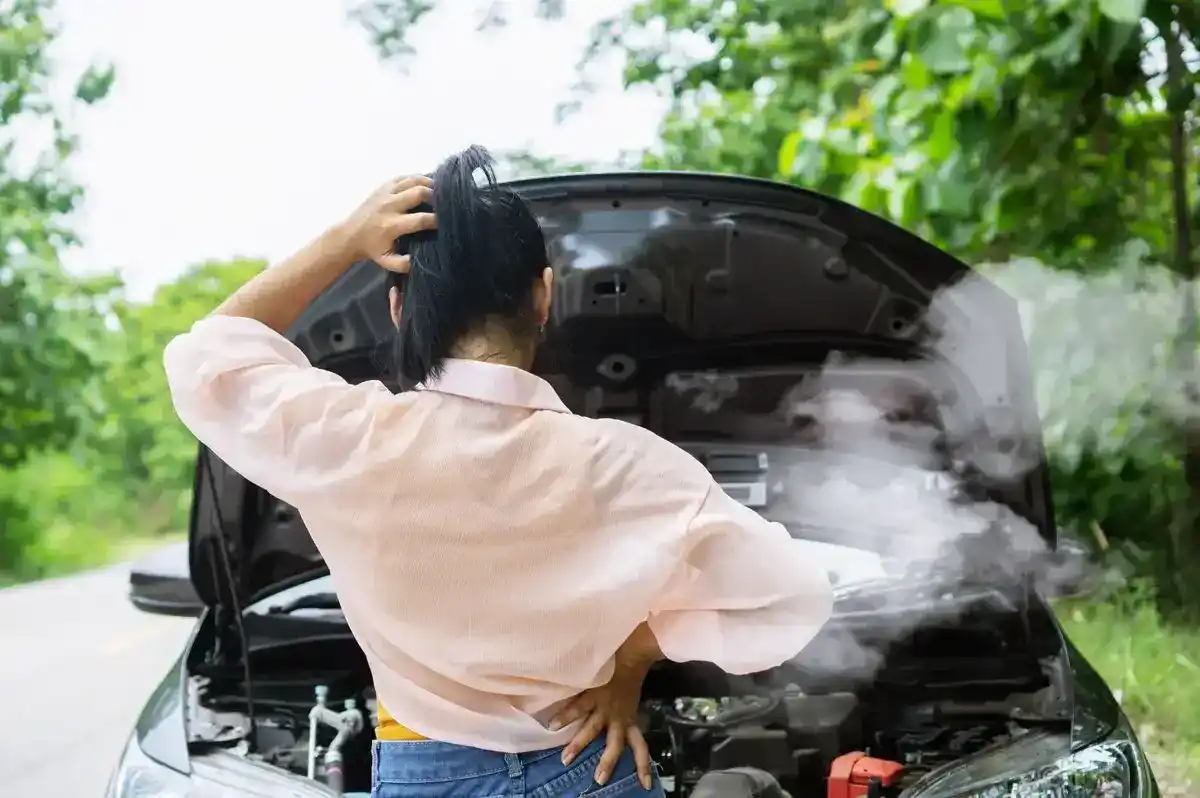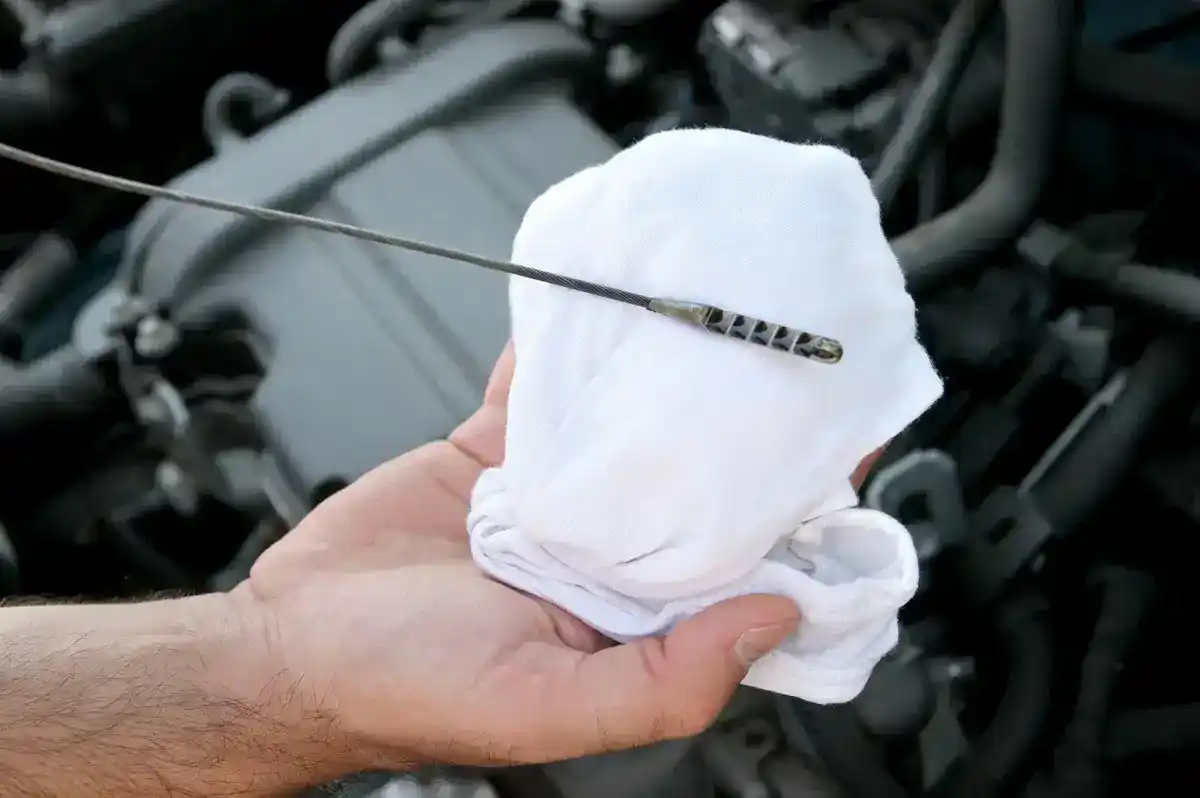Engine Overheating: Causes, Symptoms & How to Prevent It
01 May 2024

How to stop your engine from overheating
An overheated engine is a serious safety concern. If you carry on driving when your engine is too hot, you risk causing serious damage to your car or even seizing the motor, which could lead to an accident.
In this article, we’ll go over what to do if your engine gets too hot, what may have caused it, and how to prevent your engine from overheating in the first place.
How to know if your engine is overheating when driving
Most vehicles have a temperature warning light (small thermometer icon) to tell you when your engine is getting too hot. In case your warning light malfunctions, you’ll know your engine is getting too hot when you see steam rising from beneath the bonnet. See either of these things, and it's time to take action.
The main symptoms of engine damage from overheating include:
- Thumping or knocking noises
- Reduced power
- A burning smell
- Smoke or steam
- A bonnet that is hot to the touch
What to do if your car is overheating
The most important thing to know is what you should do if you notice your engine overheating when driving. Here is the recommended course of action:
- Pull over safely: As soon as you see a warning light or steam coming out of the car, you should find a safe spot to pull over, switch off the engine, and get all passengers out of the car and into a safe area.
- Open the bonnet: Let the car cool down and don’t attempt to open the bonnet until the steam has stopped emerging from the hood and grille. Once the steam has stopped, you should ideally open the bonnet from inside the car. If this is not possible, open the bonnet very carefully from the outside but be aware that boiling coolant may be spraying from ruptured hoses and pipes.
- Identify the cause: Give your engine at least 30 minutes to cool down before doing anything else as the car parts under the bonnet will still be very hot to touch. Check for some of the common causes of an overheated engine below.
- Seek professional assistance if necessary: If the problem is not listed below or you are not confident in how to proceed, seek breakdown assistance.
Common causes for an overheating engine
Here you can find some of the common causes of an overheating engine, how to identify them, and how to tackle them on the road.
Low coolant levels
One of the most common causes of an overheating engine is low coolant levels. Coolant is a special solution that freezes at a lower temperature than water. This allows it to absorb heat from the engine during hot and cold conditions.
After waiting 30 minutes for your engine to cool down, use your vehicle handbook to find the location of your coolant filter cap. There should be minimum and maximum indicators on the side of the tank so you can check whether the coolant is running low, and top up if necessary. You should also check the surrounding hoses for leaks.
Low engine oil
Engine oil lubricates the internal components of the engine, minimising friction and therefore heat. After checking coolant levels, you should also check your engine oil and investigate for signs of a leak. If your oil looks particularly dark or dirty, or you have noticed a knocking noise coming from your engine, this could indicate your oil needs changing.
Cooling system failure
If your engine is overheating but the coolant is full, there may be an issue with the radiator or cooling system as a whole. This could be caused by anything from a mechanical fault of the radiator fan to a damaged expansion tank.
In this case, you will need a professional mechanic to find and fix the issue, so you’ll need to call for breakdown assistance.
Engine problems
There are several different engine issues that may cause your vehicle to overheat, from problems with the belts and hoses that manage air and coolant flow to and from the engine, to a clogged heat exchanger unit.
Since you won’t be able to tell which of these is causing your car to overheat, you’ll need to call for professional assistance from a roadside mechanic.

How to prevent engine overheating
There are several ways you can prevent your engine from overheating and lower your risk of a breakdown on the road. These include:
- Regularly checking your coolant levels
- Parking in the shade in hot weather
- Having your oil changed regularly (Follow the recommended frequency in the driver’s manual)
- Having your cooling system regularly serviced
- Limiting A/C use and opting for fresh air rather than recirculating
If you think your engine is in danger of overheating, switch off the air conditioning and switch on the heating instead. This can help drive enough heat away from the engine to prevent overheating.
Even by following the above precautions, you may still find yourself in a situation where your vehicle engine is overheating. If that happens, be sure to pull over safely, wait at least 30 minutes before attempting any repairs, and call for professional roadside assistance if the cause seems serious.

